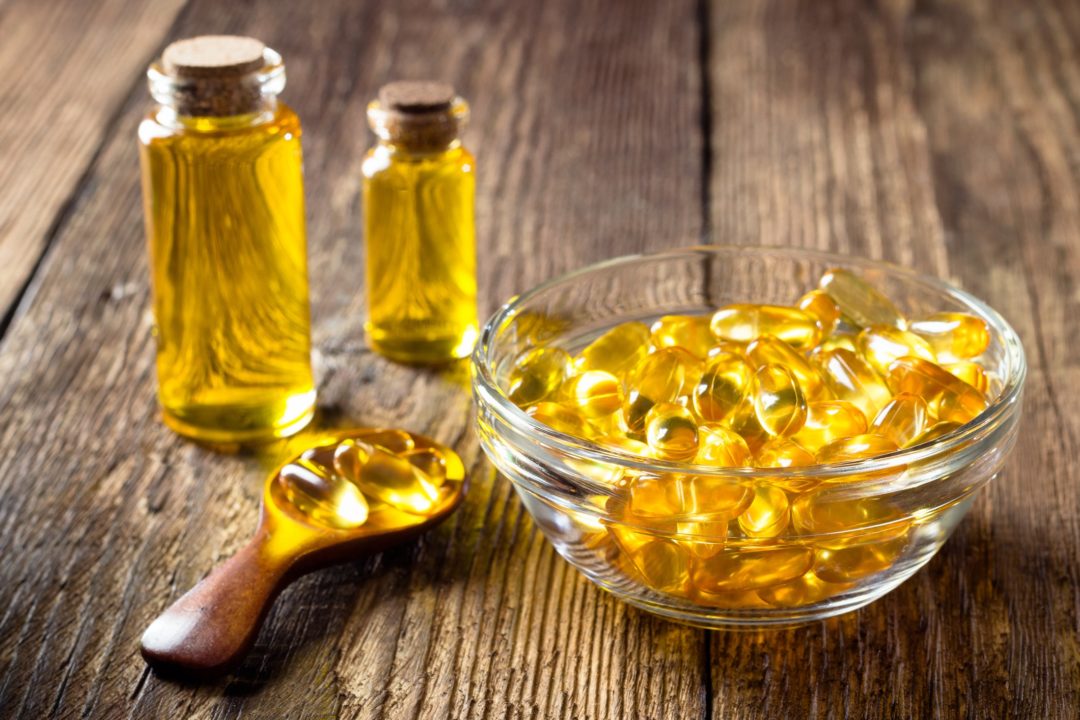A recent study from the Cooper Center Longitudinal Study (CCLS) and theFatty Acid Research Institute(FARI) sheds new light on this question. FARI provided an overview of the new research paper on EPA (eicosapentaenoic acid) and DHA (docosahexaenoic acid) in fish oil, which was conducted in conjunction with TheCooper Institute.
The investigators looked at data from 9,253 healthy men and women who had at least two preventive medical examinations atCooper Clinicin Dallas over a 10-year period, according to a press release from FARI. The exams routinely included both blood cholesterol testing and measurement of the Omega-3 Index—i.e., red blood cell (RBC) EPA+DHA levels fromOmegaQuant Analytics. Questions about current use of fish oil supplements also were collected.
Researchers then asked two questions:
- Did people who started taking fish oil supplements between visits experience a rise in LDL-C levels?
- Did LDL-C levels rise in people whose RBC DHA levels increased between visits?
The finding: The answer to both of the above questions was “no.” What's more, FARI adds, a 1-unit rise in RBC DHA levels was associated with a small (1-2 mg/dL) but statistically significantdecreasein LDL-C. FARI notes that this small decrease in LDL-C is not a clinically relevant, but adds that this study shows that fish oil supplement use in the general population does not adversely affect LDL-C.
As lead author on this studyDr. William Harris, President of FARI and co-inventor of the Omega-3 Index, noted in the release, "these new findings from the CCLS clearly show that people who take fish oil supplements need not worry about adversely affecting their cholesterol levels as some have proposed.”
Dr. Harris also said the results "harmonize" with the conclusions of a recentAmerican Heart Association Advisoryon the use of omega-3 fatty acids in the treatment of high triglyceride levels. As noted in the release, this major review found there is “no strong evidence that DHA-containing prescription omega-3 fatty acid agents used alone or in combination with statins raise LDL-C in patients with high triglyceride levels.1”
“This large study from the Cooper Clinic indicates that RBC DHA levels are not associated with higher LDL-C cholesterol levels (actually with lower), and adding omega-3 supplements was also not associated with increases in LDL-C," said cardiologist Dr. Carl Lavie, Medical Director of the Cardiac Rehabilitation and Prevention Program at the John Ochsner Heart and Vascular Institute in New Orleans, LA, in the release.
AsWholeFoodspreviously reported, Dr. Lavie and colleagues recentlypublisheddata from 40 studies indicating that the combined EPA and DHA dose predicted reductions in major cardiovascular outcomes. Dr. Lavie said, “These new data from the Cooper Institute add to the cumulative evidence of the safety and efficacy of omega-3 from dietary sources and supplements, including the combination of EPA and DHA.










